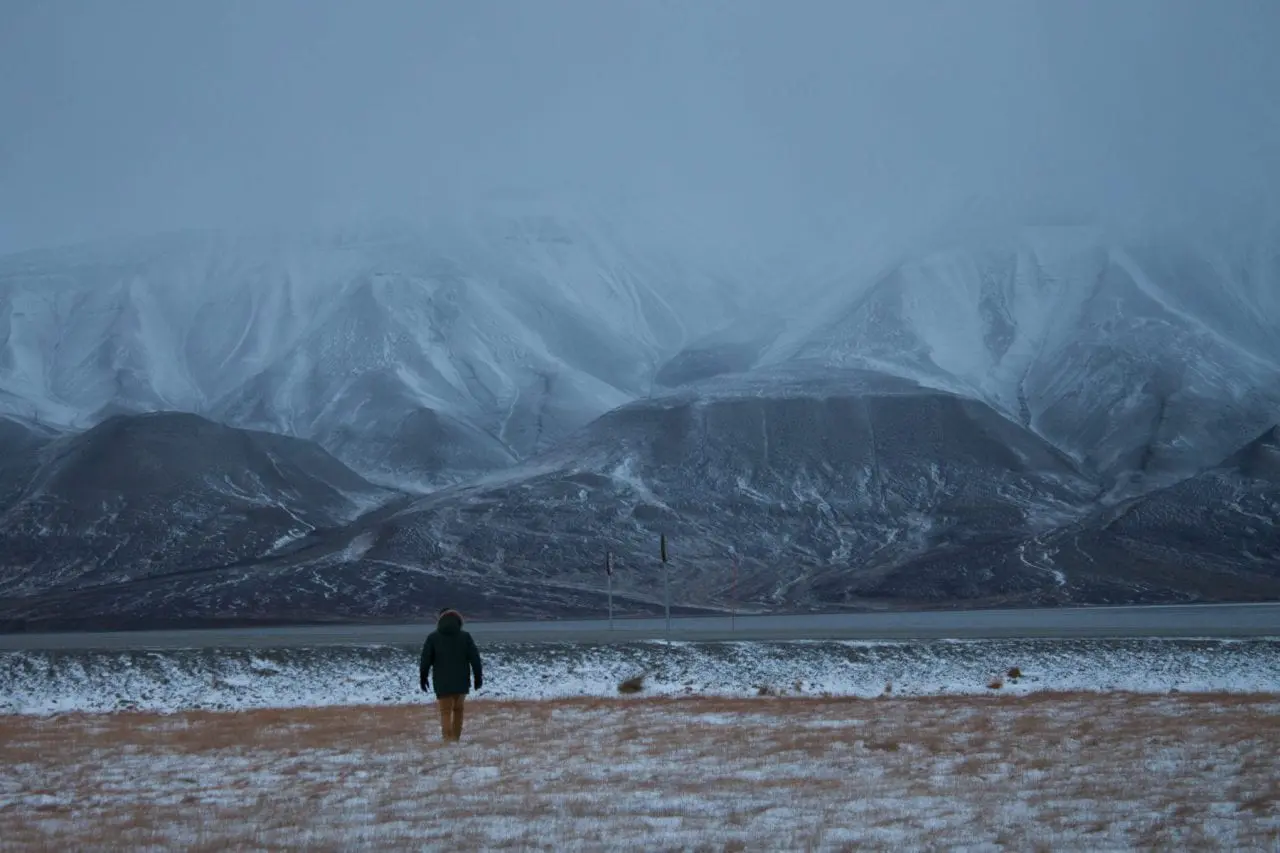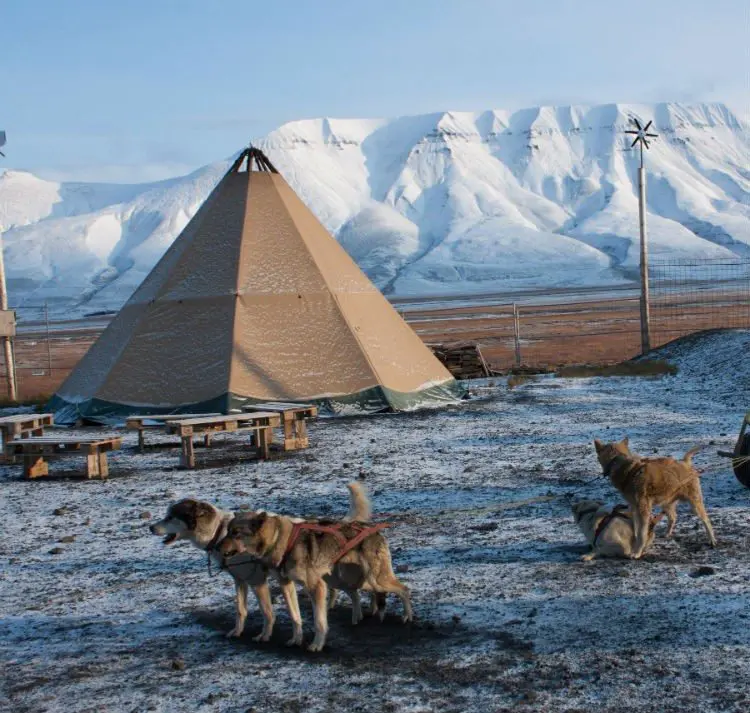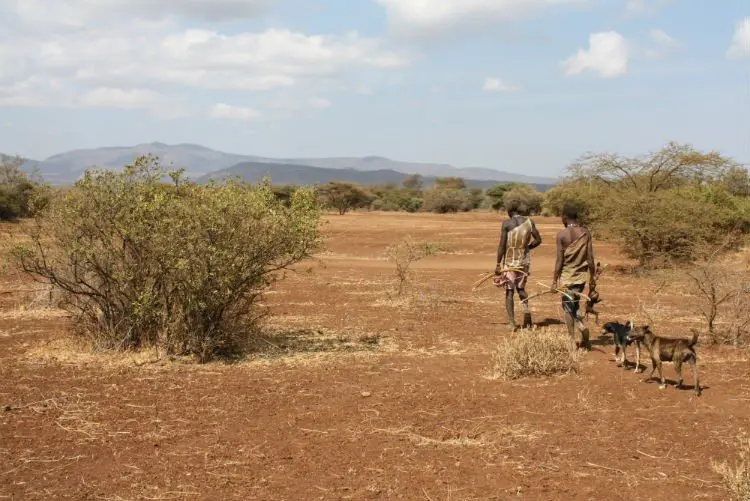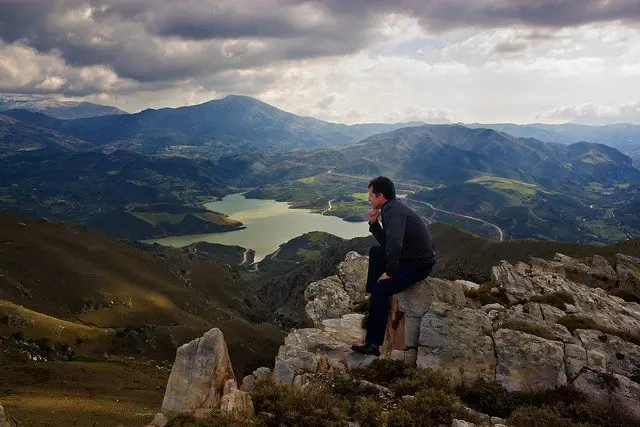The Essentials of how to Survive Anything -- Anywhere!

Today, people have settled in almost every corner of the world. Many of these areas are in inhospitable conditions, but yet, mankind has found a way to exploit the natural resources.
While some of us go to these places to live of the nature, for fun or the satisfaction of doing it, surviving in these conditions is the everyday for many people. If you can't hunt or fish, or are unable to gather food in other ways, there won't be anything to eat.
What is important to note, is that in almost every of these inhospitable areas, nature offers you a helping hand. If you know how to take advantage of this, you will have the necessities to live anywhere!

Anywhere on the map, in deserts, jungles, arctic tundra and small remote islands -- you find locals who have lived there for generations. Survival skills, honed through generations, are passed down from father to son -- and it's been like this for hundreds and even thousands of years.
In areas where resources are meagre, it will take knowledge, ingenuity and obviously common sense and experience to survive and take advantage of what's available.
The will to survive
Many people who have survived disasters and war, claim the main reason for their survival was because of their will to live or will to survive. A strong mind and will to survive is absolutely key -- and it can often trump many other factors, like lack of survival skills or training.
Without the will, survival skills you learn here or via other resources won't do much for you.
Survival is the art of staying alive. Any equipment you have must be considered a bonus. John Wiseman, S.A.S.
The best equipment you can pack is your skills and experience. It's important to constantly practice and learn new skills -- to never be done learning. There's always something you can learn, and skills you can improve! Practice your old skills, and prevent them from rusting.
This will also rub off on your mindset, and by knowing what to do in emergencies and survival situations, it will be much easier to stay motivated and a strong will to survive.
Survival skills vs. equipment
It doesn't matter if you're young or old, male or female, rich or poor, we can all end up in a situation where we need to survive. We're not necessarily talking about disasters or war here -- it can be a car accident, a terrorist attack or suddenly being in the middle of a store getting robbed. Any situation where you could potentially be harmed or killed.
Do you know what to do in these situations?
When it comes to it, survival is all about being able to adapt your skills to new and unfamiliar situations caused by man or nature, or using your skills in new environments.
Many generations ago, people living in the Western world had to survive -- much like those people living in inhospitable places today. Survival wasn't something you could choose, or a set of recreational activities you did because you liked it. It was a necessity.

Then we got the comforts of modern living, and what has been the way for thousands of years has slowly been disappearing the last century.
Now, you can go through life without a bruise or scratch. People today won't naturally learn many of the skills needed in survival. How can you get fit and ready to survive from balancing books, wearing a tie and then watch TV after work -- unless you actively work out, or work on your skill sets?
Today we have people with chronic back pains because they don't use their bodies.
People today are highly dependent on society and "everyone else" to make the world go round. That works great, or at least it works, until something happens.
Did you know that only about half of the US population owns a first aid kit? Did you know that most people don't know CPR, or know how to stay warm if the power goes out? We all have fire extinguishers in our homes, but do you know how to effectively use them?
The fact that you're already aware of the need to learn survival (I assume you are, you're reading at Readytribe.com), makes you better prepared than probably 90% of Americans. You've realized what most people never will, and from here it's all about building a skill set and a good foundation for survival.
The most high tech survival tool in the world that will get you through any situation
Sounds like a cool product, right?
Well, I'm talking about something you already have.
Your body and mind is the most advanced machinery and supercomputer there is. Combined they're the number one multi tool, so advanced and incredible that scientists still can't fully understand how they work.
Realize this: staying healthy and fit -- both mentally and physically -- can get your through any situation -- or pretty much any situation.

Working out and maintaining a healthy body, is not about getting ripped and big, but about functional strength. Most of us have jobs where we sit behind a desk, so we need to do some physical work or training to keep the machinery working.
You don't have to hit the gym 8 times a week -- who has time for that anyways?
Small stuff, like a body weight program, a run every now and then, or manual work like chopping wood will get you far. Even taking the stairs or just walking will do you good.
You want functional strength and endurance, not to look good for the beach (that may be a good side-effect though).
We have previously written an article on how to stay functionally fit here.
Learn survival through "survival"
By submerging yourself into survival situations, taking courses in shooting, CPR and other survival skills, you will strengthen your mind, and by volunteering and introducing your family and friends to the concept you learn here, you will strengthen your leadership skills.
Even though stuff like CPR training, emergency driving courses or what not will never be the same as a real survival situation, you will know what to do when something happens. This allows you stay calm, and not resolve to panic or apathy like many other people who are facing the same situation.
Most people will stand and look at a situation -- don't be like that.
Your experience in survival training will also make you a good leader if something happens. You will know what to do, and have control over the situation.
Prioritize with a PLAN
For survival, and especially if we're talking long term, you will need:
- Food
- Fire
- Shelter
- Water
- (Navigation)
- (Medical)
In the military, and also other places, it's common to gather this in one acronym: PLAN. Protection, Location, Acquisition and Navigation -- ordered after level of importance. These are four pillars of survival that will never change, no matter where you are.
Acronyms like this may sound silly, like a kid in elementary school, but they are a great way to remember things when SHTF, you're stressed out and you can't remember anything. That's the reasons they're extensively used in emergency training, CPR and training of rescue personel.
The descriptions below are based on "Essentials for Survival", in the SAS Survival Handbook.
Protection
The first thing you need to do, is to make sure that you're protected from further danger. Examples of this could be exploding fuel in a fire, or after-quakes and tsunamis following a earthquake. If it's safe to do so, stay on the scene of the incident as long as possible, and protect yourself from the elements.
Why should you stay at the scene? There are many good reasons:
- In a plane crash for instance, the wreckage can be used for shelter, signaling etc.
- It's easier to find (it's bigger than you)
- If you or other people are injured, moving around can make it worse
- Your conserve energy
- Rescue time will be minimized
Location
After you've built shelter, you want to be found as soon as possible. This can be done by putting out emergency signals, using a mirror or reflective item to signal, or any other means of drawing attention to where you are.
Make sure you do this ASAP to aid rescue teams.
Acquisition
Look for water and food nearby, to use in addition to any emergency supplies you have. The rescue might be prolonged due to bad weather, fog dim light, remoteness or other uncontrollable conditions -- and this will prepare you for that.
If there's a wreckage, see if you can use anything of that.
Navigation
Good navigation, in case you have to move around, will make sure you stay on route. There are many guidelines here, and location specific rules of thumb -- but that's for another article.
Always remember what we talked about above about staying where you are. Don't roam around and drift off unless you know what you're doing.
If you find that you're stranded, stay where you are.
Wrapping it up
By learning these basic tips, and acknowledging that you need to learn to survive, you've come further than most people!
All of the advice we've discussed here is a good foundation for the mindset of those that are prepared. It won't make you a survival expert, but from here on, it's a matter of stacking knowledge and experience.
Featured image of Svalbard Norway, Even Tobiesen




